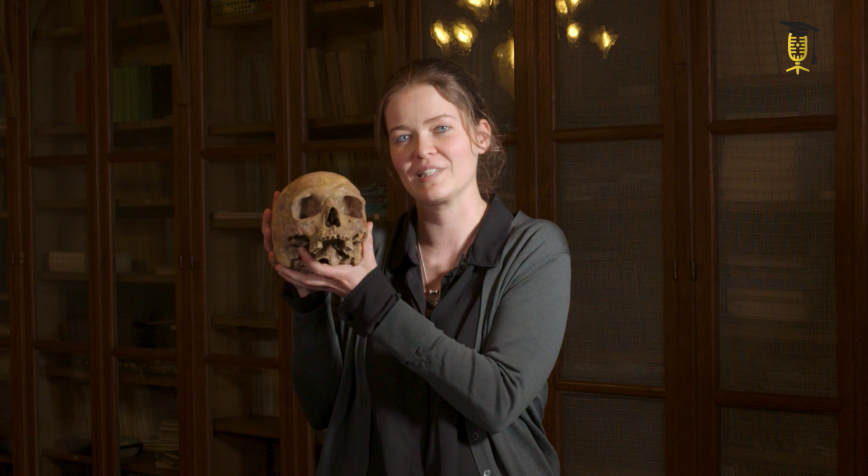
KBIN
What do skeletons tell us about the past?
Katrien Van de Vijver is a physical anthropologist: by studying skeletons and bones from the Middle Ages, she tries to reconstruct the story of the past. See what she can learn from this

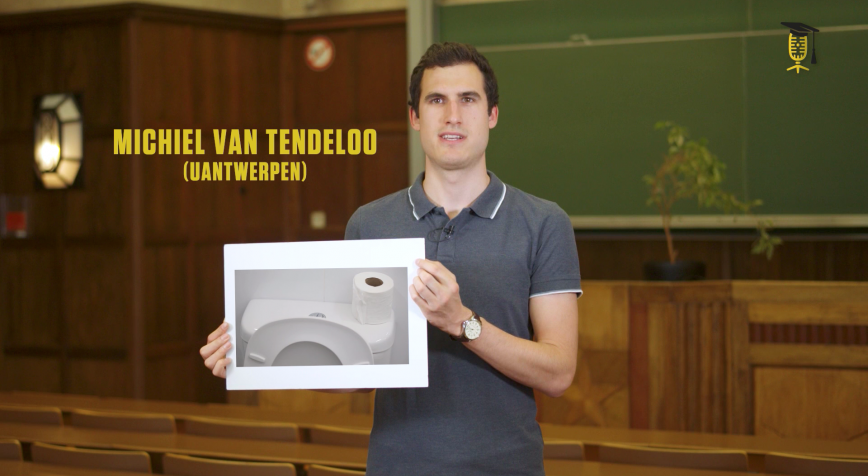
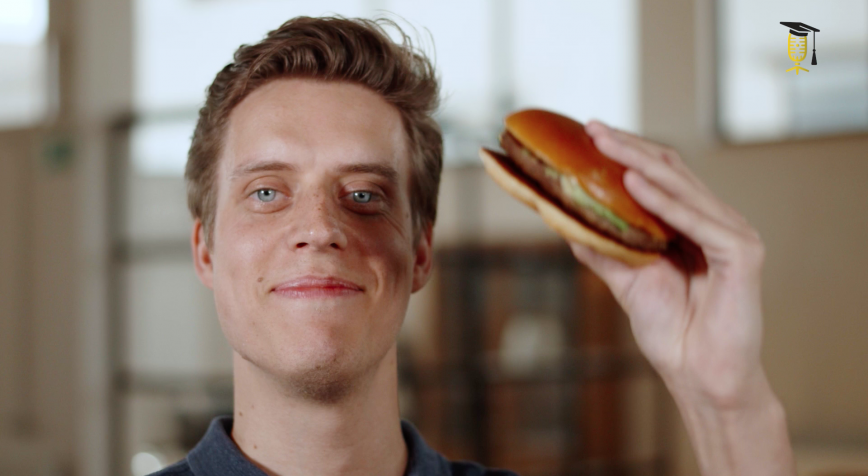
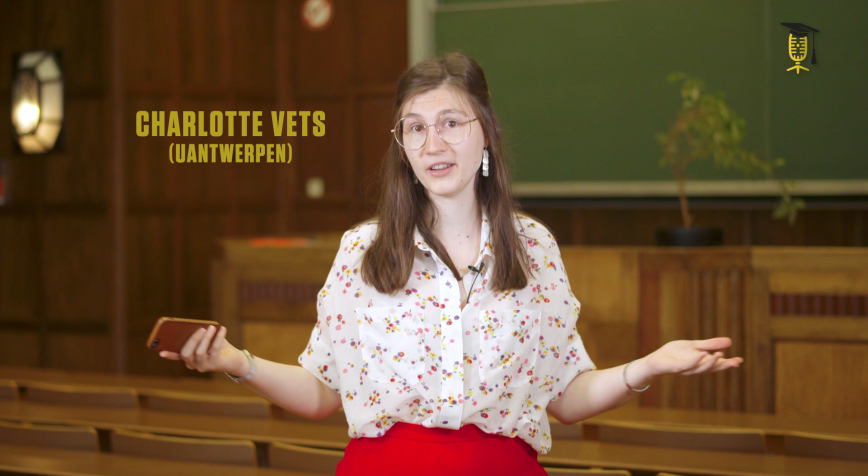
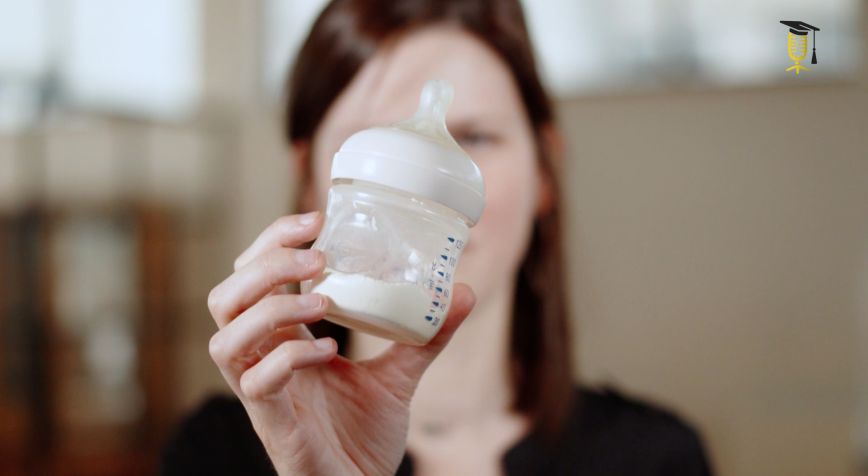
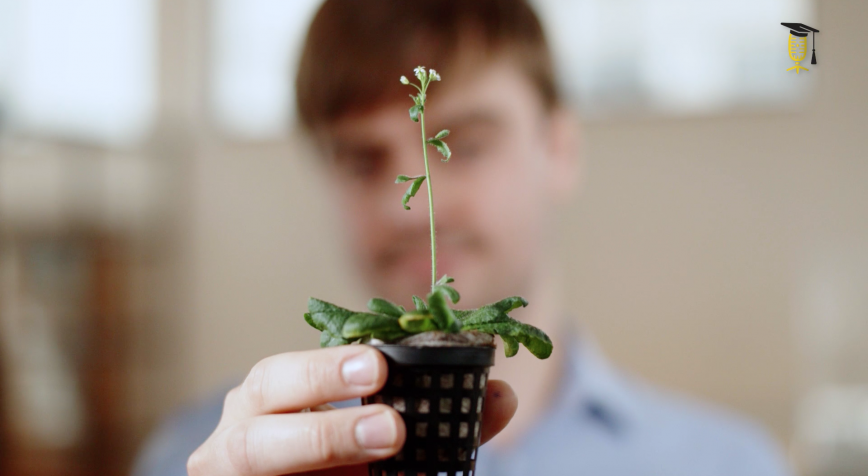
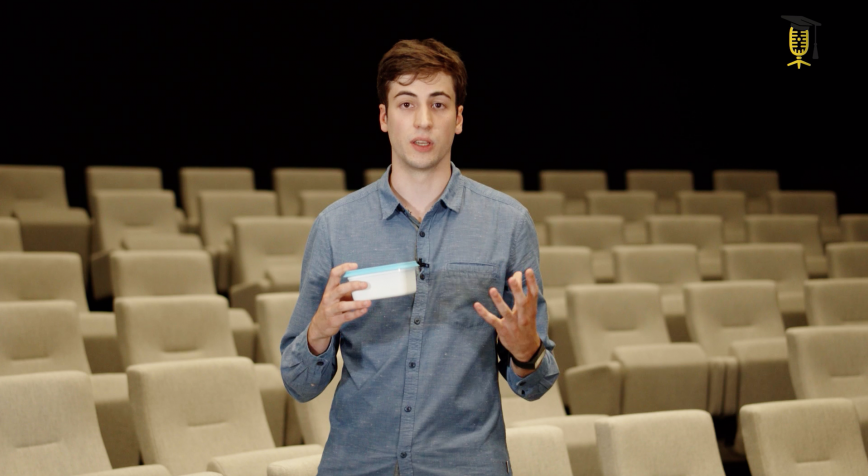

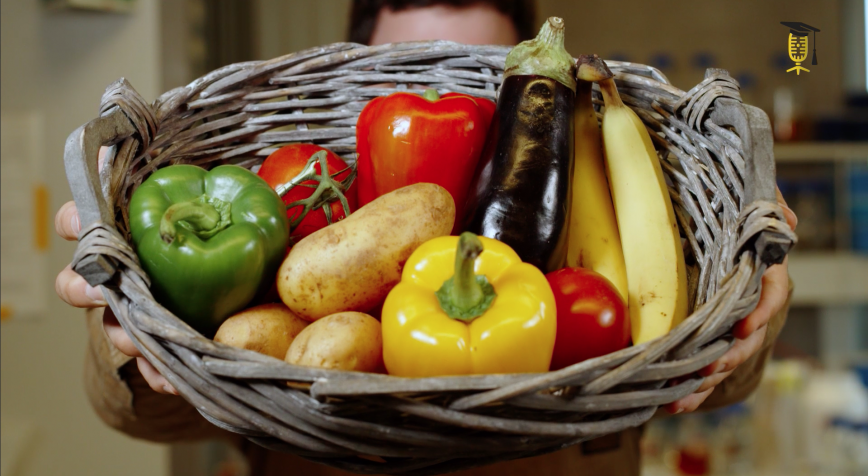
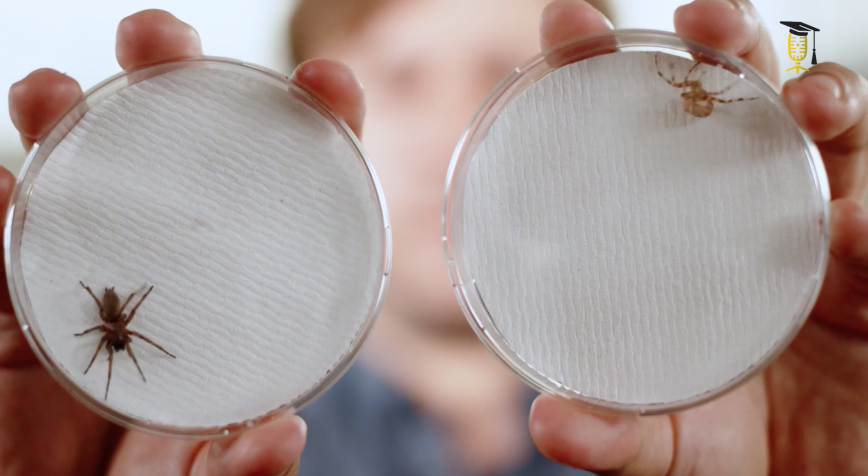
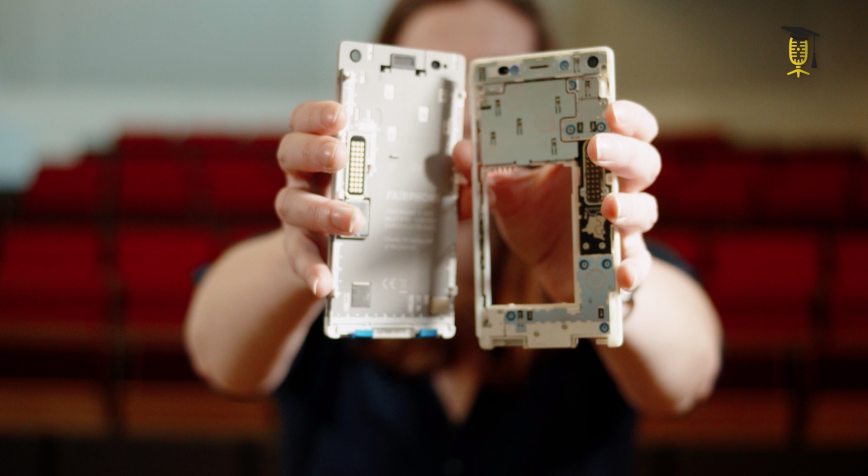
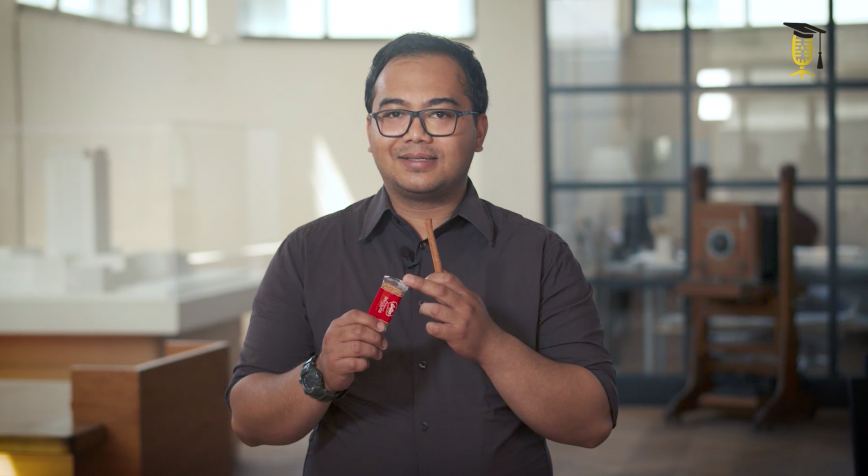
Expect 2 new videos every week. Want to stay up to date?